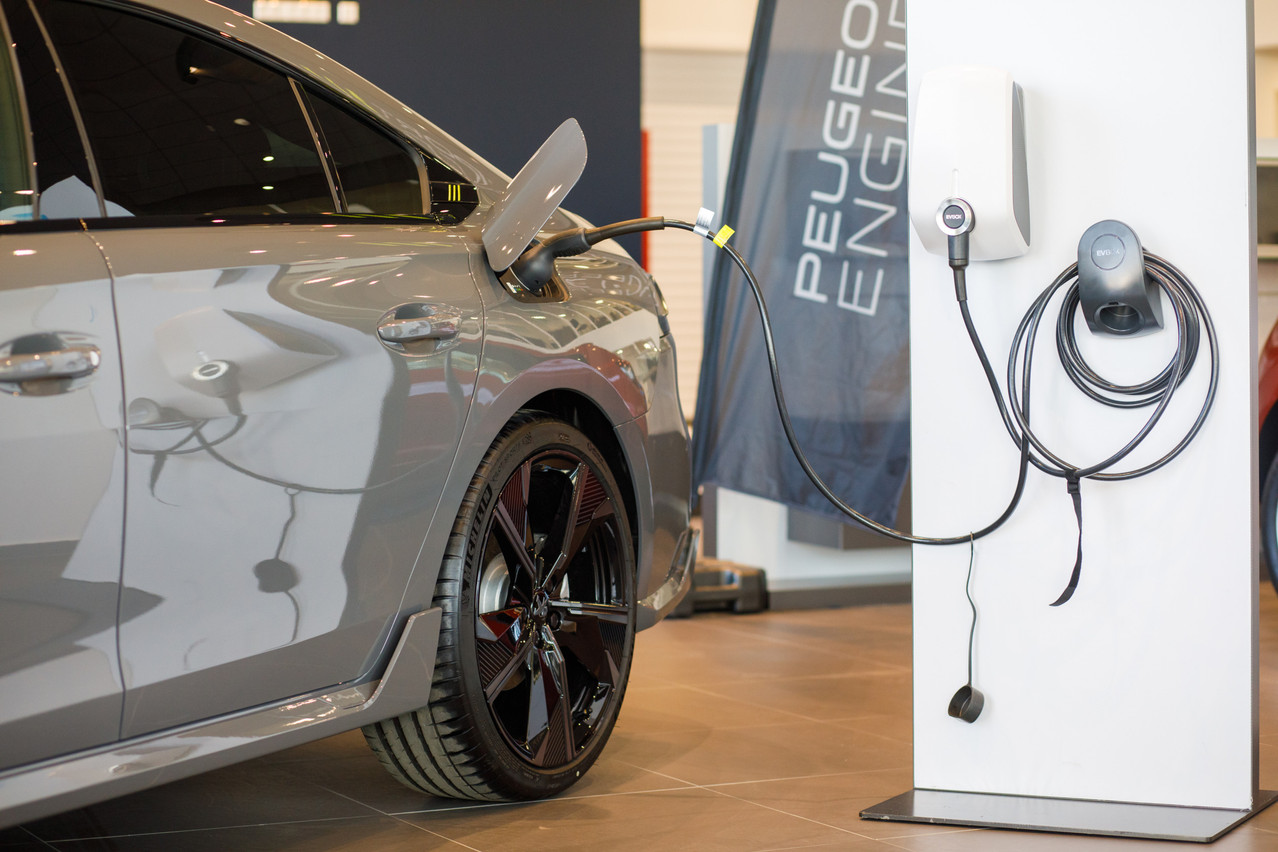For the ACL the EU lawmakers have not taken into account the reduced purchasing power of citizens but also a number of practical questions. Calculating today the electricity needed to power a fleet entirely of electric vehicles is one of those elements. Energy storage appears to be another hurdle and the ACL points out that Luxembourg grid operator Creos does not consider itself responsible for such services.
On 9 June from 2035 with 339 MEPs voting in favour, 249 against and 24 abstentions. Manufacturers will be required to make the transition with a progressive switch to zero-emission vehicles at two milestones: 2025 and 2030.
Electric vehicles are also not a suitable solution in every situation for Luxembourg’s automobile club.
“Transport by van with deadlines to be met (transport of medicines, delivery of parcels, etc.) cannot work with the imposed recharge times. Similarly, fleets of vehicles that have to operate 24/7 require adjustments at the risk of having to double their fleet to maintain continuity of service,” states the ACL in a press release.
The automobile organisation which offers mobility solutions such as breakdown and recovery service makes clear in its position that it is not against electric vehicles but considers that there is a need for a more gradual transition. The ACL calls for investment in carbon-neutral technologies such as hydrogen, synthetic fuel and biofuel which it says “would allow the extension of thermal engine to ensure the transition to a fully alectric fleet in a smooth and well planner manner.”
Electric vehicles’ production would also increase the dependance on lithium, needed to manufacture the batteries, which the International Energy Agency says is estimated to multiply six times by 2030.
Gerry Wagner, spokesperson for the House of Automobile also has some reservations towards the European Parliament’s. "We support initiatives to combat climate change and pollution. But the 2035 deadline seems ambitious in view of the many problems facing the electrification of vehicles," he told Delano’s sister publication Paperjam. Wagner also highlighted technical difficulties that some people may experience when looking to install electric vehicles’ charging stations on their property as well as supplying them with the required electricity. For him, it is not possible to do this right now.
